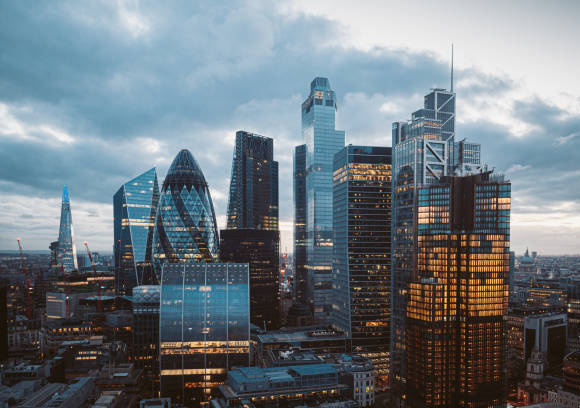10 Tips to be a More Energy Efficient SME
Running a small business can be expensive. You need to think about acquiring office space, buying accessories, and budgeting for important factors such as marketing. In order to keep the business running and help it to grow, you need to make sure you are being as cost effective as possible.
One of the main ways an SME can save money is by improving its energy efficiency, and maximising its EPC value. Energy bills can take a large chunk out of your budget, so becoming more energy efficient and reducing your bills is essential. There are several tips you should consider when attempting to do this.
1. Check energy ratings on equipment
If you are just starting out in business it can be tempting to invest in the cheapest equipment possible, especially if you do not have a lot of funding behind you. This is not a good idea. You should always check the energy ratings of equipment as this can help you make substantial savings over time.
2. Use time switches on photocopiers
Photocopiers and other office machinery, such as vending machines, make use of heaters. These heaters keep the machines at an optimum temperature for operating. Using a time switch on this type of machinery means that they can be turned off overnight and then automatically started the next morning, ready for action. Taking this action helps to make your business more energy efficient.
3. Maximise the use of natural light
The best way to provide light for an office space is to use the natural light that is available. You can do this by making sure that windows are clean and that window ledges are clear of obstacles. Using natural light in this way can also help to improve the productivity of people who work for your business.
4. Use LED lighting
LED lighting may be more expensive upfront but it’s a more efficient form of lighting, so it improves the energy efficiency of your business and reduces the amount you spend on energy costs in the long term. LED lights are approximately 10x more efficient than traditional lights. LED bulbs also last longer, so they are more cost efficient in the long run.
5. Check if lighting is effective
It’s often possible to make lighting in a business environment more efficient by simply checking that you are using lighting in the most effective way. For instance, if you use task lighting in your business, you may be able to have less lighting overall.
6. Use smart lighting
Your employees may often forget to switch off lights in your business premises. This can end up costing you a lot of money over time by making your lighting use less energy efficient. If you install sensors you can make sure that lighting in areas such as toilets and kitchens, which are used intermittently, automatically turns off when no-one is present. You can also use timer switches, so that lights automatically switch off at night.
7. Make sure thermostats are working efficiently
Controlling the heating in your SME, and ensuring temperatures are at the optimum level, prevents you from spending money on heat that you do not need. Being efficient with your heat also has a positive effect on the environment. It’s important for any business to have this type of positive impact.
8. Reduce the effects of high ceilings
Stratification can happen in rooms where there are high ceilings. Warm air rises causing high temperatures up near to the ceiling. Using ceiling fans in a room helps to de-stratify the air, leading to improved efficiency of heating.
9. Have an EPC completed
Having an EPC completed will enable you to see how energy efficient your business currently is. It will also provide you with recommendations for improving energy efficiency. EPCs are completed by accredited accessors who call out to your premises and complete a full assessment. They assess the current efficiency levels, as well as checking CO2 emissions.
They then complete the EPC and include their recommendations. Grades on an EPC range from A-G, with A being the highest.
10. Weatherproof doors and windows
It’s easy for warm air to escape through badly insulated doors and windows, and for cold air to get in. Weather proofing the doors and windows in your business premises Helps to prevent the passage of air. This means that your premises can be heated more efficiently, reducing the amount of money you spend on heating bills.
Adopting these tips can help your business to become a more energy efficient SME.



